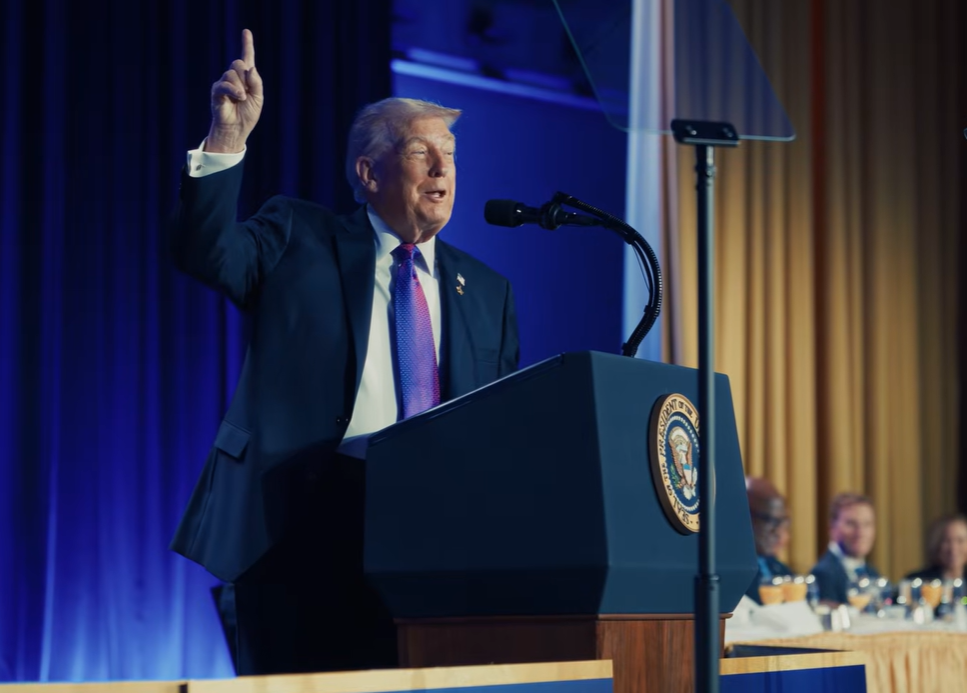Tax freeze-out.
Expatriates may be encouraged to return to the U.S. if tax rates are cut by reforms being debated by Congress. For 2017, a taxpayer living and working in a foreign country may qualify for the foreign tax exclusion of $102,100 (scheduled to increase to $104,100 in 2018). But you must be a resident of a foreign country or pass a “physical presence” test. In a new case, a taxpayer working in Antarctica couldn’t claim the exclusion because Antarctica is technically a sovereignless region — not a foreign county (Thompson, CA-9 No. 16-72537, 8/14/17).
Hitting tax turbulence.
The taxpayer in another new case worked as a pilot for Korean Airlines. While he stayed in South Korea, he was put up in a hotel by the airline, but chose to spend most of his down time – as many as 132 days in a year — in the U.S., where he owned three homes. Considering a wide variety of factors, including the taxpayer’s intent, the Tax Court determined that he was not a bona fide resident of Korea. As a result, it denied the foreign income exclusion for the tax years at issue (Hudson, TC Memo 2017-221, 11/8/17).
Happy tax landing.
However, in another new case involving a pilot, the foreign income exclusion was allowed. The taxpayer served as a helicopter pilot in Iraq but maintained a home a home in the U.S., where he would return every two months. While he was in Iraq, he spent his spare time socializing, dining out and fixing up his residence. Despite his strong ties to the U.S., the Tax Court said he qualified as a bona fide resident of Iraq, based on its analysis of all the factors (Linde, TC Memo 2017-180, 9/18/17).
Thanks for reading CPA Practice Advisor!
Subscribe Already registered? Log In
Need more information? Read the FAQs




